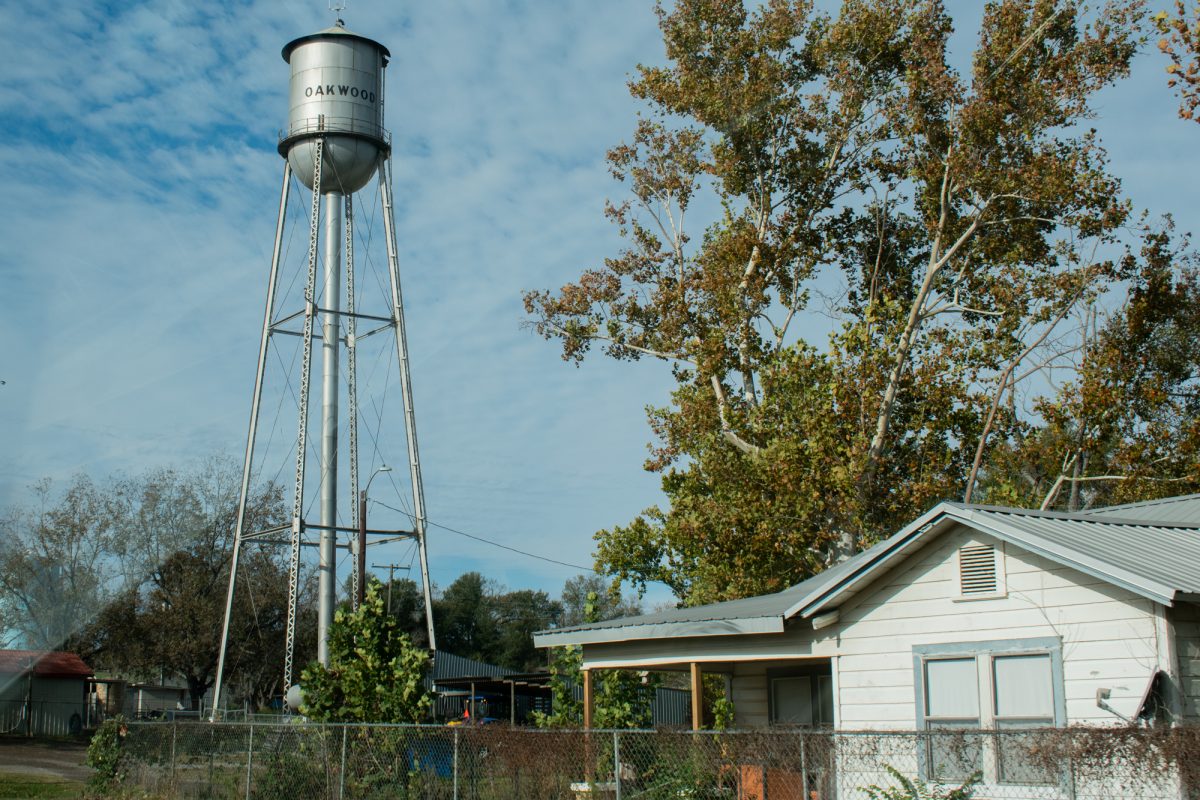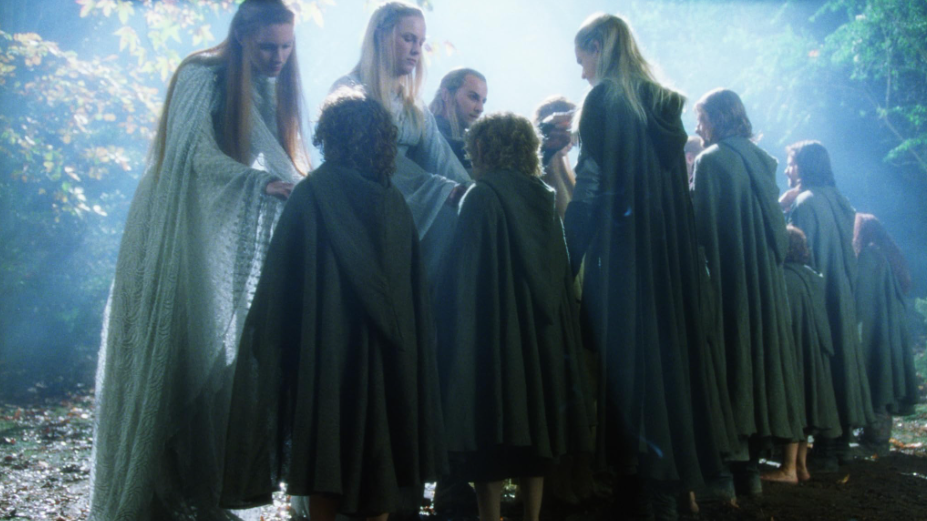When we reach a certain age, our parents teach us about sex — but we’re never taught about consent.
So when I started my first high school relationship and my boyfriend started pressuring me to do sexual acts with him, I thought that’s what I was supposed to do.
And I want to note that I came from a more liberal background, and my mom had more education than my dad. So I was never under the impression that it was my duty as a female to please a male.
I will never be able to forget when he broke my hymen. He wouldn’t listen to me when I told him I didn’t want him to touch me anymore. He ignored when I told him how painful it was. After he finally stopped and was walking away from behind the softball bleachers at our high school, I saw his fingers covered in blood. After going home, I remember sitting in my bathroom staring at the handprint of blood on my underwear.
Even through my early college relationships, I didn’t really know what it meant to consent to sex. I was never forced into anything, like I had been in high school, but I didn’t know how to talk about sex with my boyfriend.
It wasn’t until recently, I really started having an open dialogue about consent. It started in the middle of having sex with this guy I had known for about half a year. I stopped wanting to have sex, and told him. He immediately said he wanted to stop having sex too and when I questioned him, he said, “I don’t want to have sex with you if you don’t want it. Otherwise that’s rape.”
It had never occurred to me that if I didn’t want to have sex anymore and vocalized it, and my partner didn’t respect my decision — then that’s rape.
The more time I spent with him, the more I grew comfortable talking about sex and how I felt about it. He would ask me before doing anything if it was okay with me if we did it. And it made me feel like he respected me and cared about how I felt.
And it made me really reflect on all of the negative experiences I associated with sex and question why I personally didn’t respect myself enough to realize I have a choice when it comes to my sex life.
I think what a lot of people in college don’t realize is that you can plan on having sex with someone then change your mind. And that’s nothing to feel ashamed of or feel guilty about.
Because it’s your body — you have complete control over choosing what you want to do. And choosing to talk about sex and giving yourself the power to consent to sex is so empowering.
But I think being able to consent to sex means you’re also able to not consent to sex. And your partner has to accept your choice, or it’s rape.
What is another tough thing for college students to grasp is that not consenting to sex is rape. I say this mostly because it’s been so difficult for me to come to terms with that.
After saying no, and still being touched and having to do something I didn’t consent to, I felt disgusted with myself. And instead of looking at facts — how he overpowered me, restrained me, held me down and proceeded to do something I didn’t want to do — I felt ashamed for drinking too much. I felt humiliated for not choosing to spend the night at my own house. I felt degraded for something, in the moment, I had no control over.
I think the worst part was how he made me feel after I tried to confront him about it the next day.
I never thought about going to the police or getting a rape kit done. I just stood under the hot water crying, because I hadn’t done something differently.
But I didn’t deserve to be raped. I didn’t deserve to be disrespected. I didn’t deserve to feel inferior to him.
And I know I’m not the only one experiencing this. People don’t realize that having non-consensual sex is rape. And they sure don’t realize the effect that rape has on the victim for the rest of their life.
Consent, ultimately, is about respect. You respect yourself by giving yourself a choice in what you want to do. And your partner respects you by only doing what you consent to do. And vice versa.
Respect yourself. Respect your partner. Give each other the choice to consent to sex.
— Anonymous, Class of 2016
As a warning, the following column contains graphic content describing sexual assault. Additionally, The Battalion does not publish the names or identifying information of rape and sexual assault victims. The names of victims and assailants included in this article were omitted to protect the subjects’ identities.








